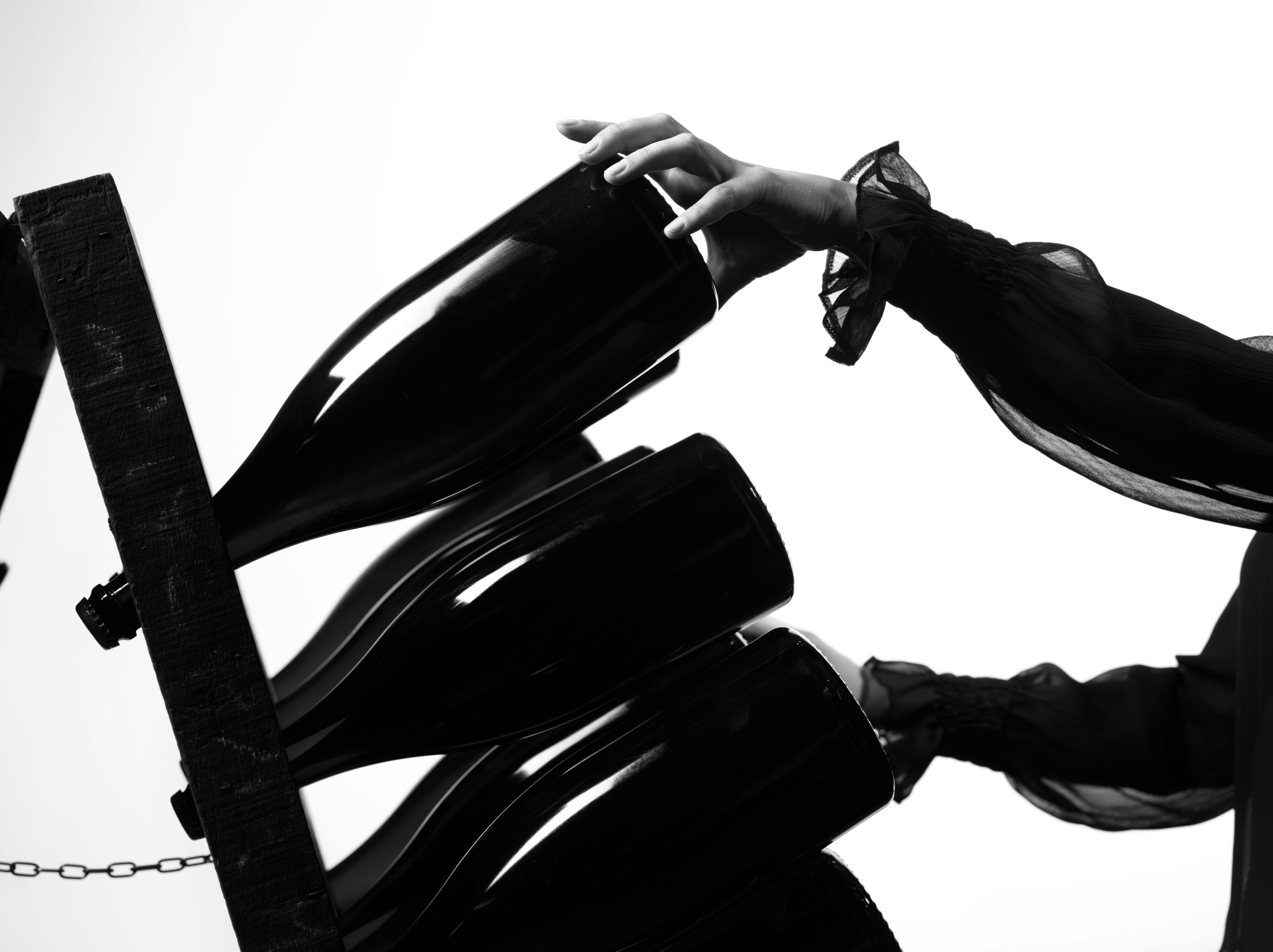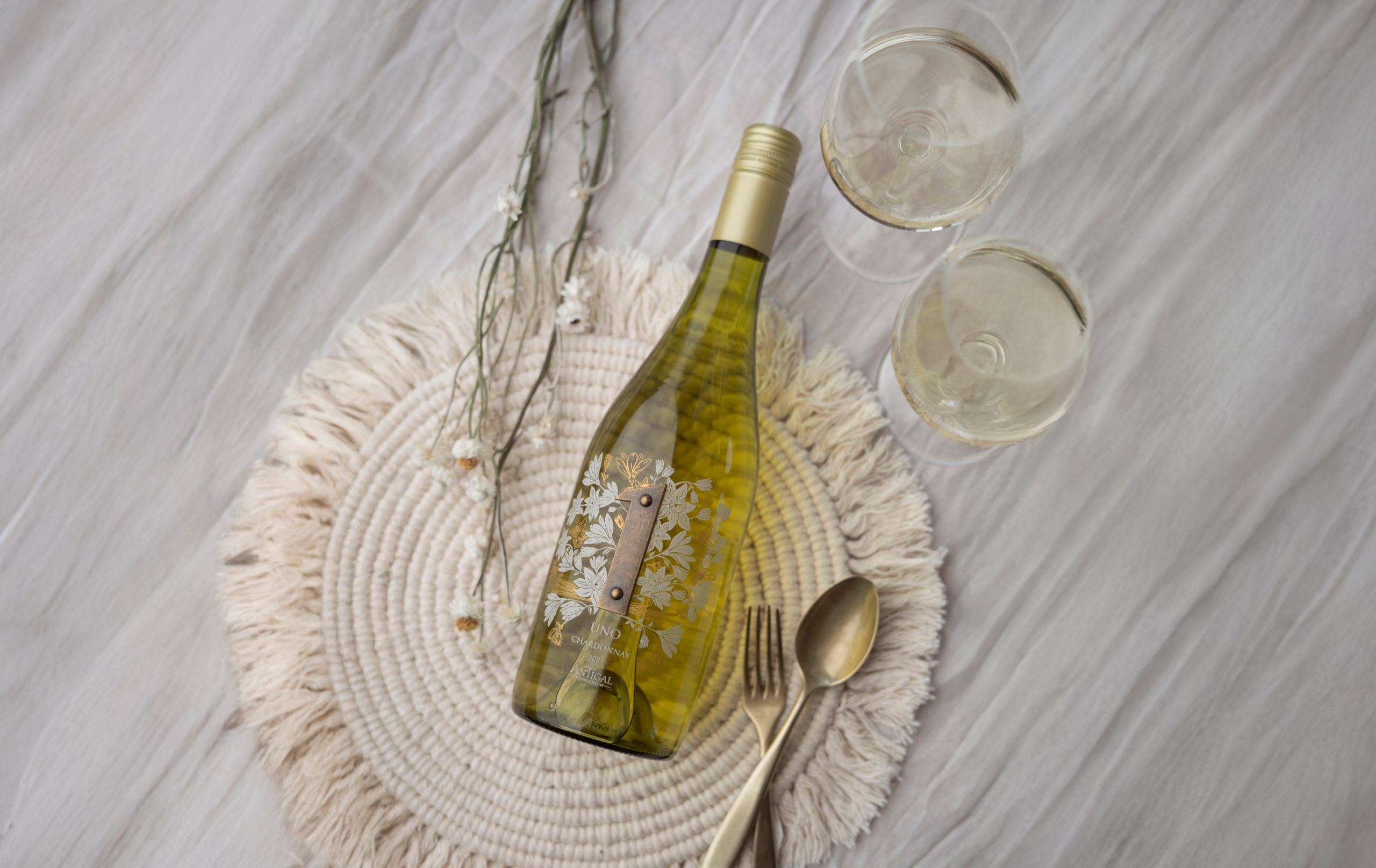Conviviality’s profits rise by more than £13m
Conviviality has seen its profits before tax soar by more than £13.4m – an increase of 147% on the same period last year – to around £22.5 million.
The boost came on the back of sales, which rose more than 85% in the year to 30 April to £1,560 million, up from £841 million the previous year, it announced today in its final results.
In addition, the adjusted profit before tax doubled to £45.8 million, an increase of 111% on the previous year, “demonstrating the significant strength of the combined group”, it noted, with around £6m of “synergies” made over the year due to the quicker than expected integration of its newly acquired businesses and “significant progress” on its logistics strategy.
Adjusted EBITDA also doubled, up from £30.2 million to £60.9 million, and net debt grew below expectations, to £95.7 million.
There was a “pleasing” improvement in confidence in its retail division, Conviviality Retail which saw like-for-like sales up 0.5% overall, and like-for-likes at Wine Rack up 4%, which CEO Diana Hunter said reflected the importance of a specialist high street proposition. Multisite franchisees also outperformed the Group by 2.1% like-for-likes. Meanwhile, overall sales across Conviviality Retail grew 6.1% to £374 million, up from £359 million the previous year, with approximately 50% of sales from beers, wines and spirits categories.
Conviviality Direct saw sales up 6.4%, to £1.04 billion, and it noted that Bibendum wine customers were increasingly buying across all categories, showing penetration increasing from 5% to 12%, with spirits at Bibendum’s regional business up 43.7% and business up by 21%, it said
Conviviality Trading also saw sales up 1% to £146 million, with sales at events up 37% over the previous year, and sales at Peppermint up 46% over the year.
Partner Content
Chief executive officer Diana Hunter said she was pleased to report the strong results, that demonstrated the company’s “focus and commitment” as well as its new entrepreneurial and innovative culture and strong ties with its supplier partners.
“The balance we have created across the enlarged group, and resilience this creates, gives us confidence in the future success of the business,” she said. “We firmly believe there is exciting potential for significant organic growth of the our businesses, with further potential opportunities to build on the current platform.”
Chairman David Adams added that the enlarged company had a robust business model providing unique positioning with both its suppliers and its customers. “As the UK economic and political environment remains uncertain, we believe that Conviviality has the flexibility to succeed through our unique model spanning both the on- and off-trade,”
The group said there was significant opportunity to address costs within the supply chain, noting that it expected to generated buying benefits of around £2 million during the 2019 financial year on the back of its increasing group buying heft. Under group wine buyer Andrew Shaw, the team has around 430 wine suppliers, 72% of which are exclusive to the group, supplying more than 3,000 exclusive wines our of nearly 5,000 skus. This year has also seen it boost its range of fine and ‘esoteric’ wines.
Hunter was named as The Drinks Business’ Woman of the Year in the 2017’s Drinks Business Awards, for her work transforming the business from an alcohol, impulse and tobacco wholesaler serving franchised off-licence business Bargain Booze into Conviviality PLC, the UK’s largest drinks wholesaler and distributor, and steering it through a string of acquisitions, including Matthew Clark in October 2015, events agency Peppermint and Bibendum PLB in May 2016. The company now supplies the multiple grocers, independent off-trade and its own franchised businesses, as well as the on-trade and events.





I don’t understand the numbers? Matthew Clark turned over £811 million in the year that they were purchased for £200 million and it was stated that the combined turnover including Bargain Booze etc would be £1.1+ billion, possibly closer to 1.2 billion. Bibendum was then bought for another £60 million and their turnover when added to the numbers (including Peppermint etc) was supposed to be £1.4 billion +, with forecasting above 1.5 billion. They have now stated that they have turned over 1.56 billion and are up by 85% !!!! Can Drinks Business please explain the numbers for numbskulls like me! Are they trying to justify to The City the fact that they spent so much or that they have nearly £100 million of net debt? The numbers just don’t add up. It would be good for the general trade to see a breakdown of 2016 v 2017 for all business units.